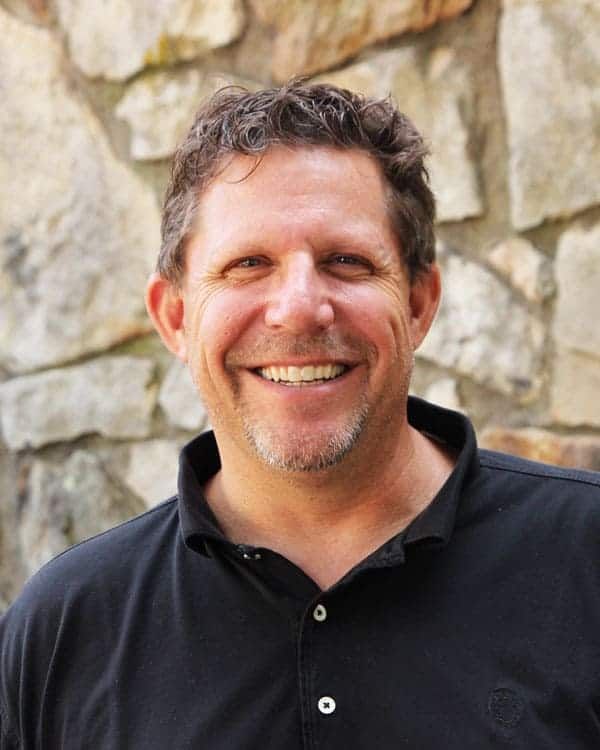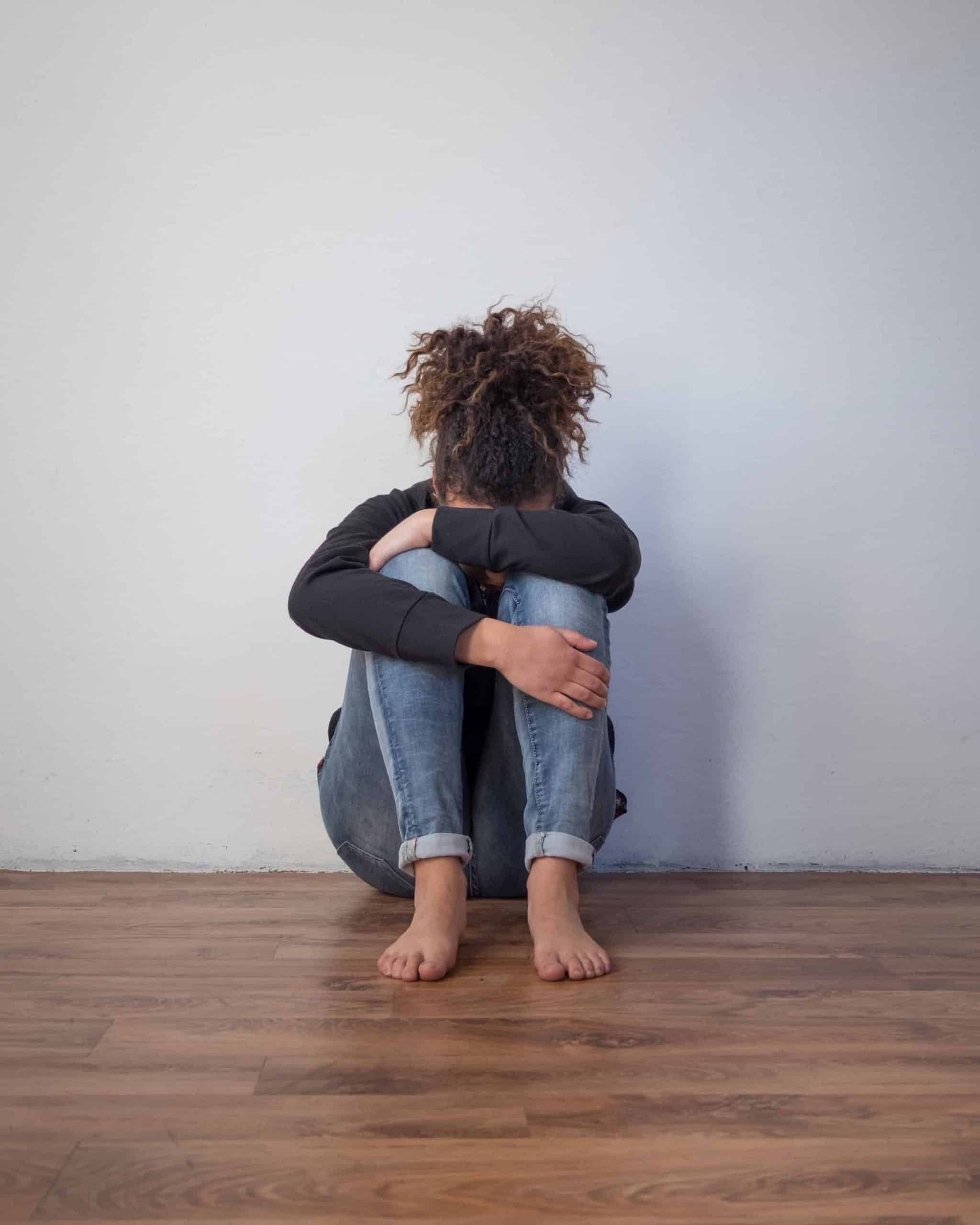Opioids | The Cost of the Crisis
Drug overdoses are currently the number one cause of death for Americans younger than 50, coming in higher than both guns and car accidents. In 2016, there were 42,249 overdose deaths in the U.S. that involved an opioid.
The opioid crisis has been declared a public health emergency, but what does that really mean? What makes this a “crisis”? How is it different than the other drug issues that are facing our country?
This is a complex issue because the category of opioids includes both legal and illegal drugs. For some, legal prescriptions to alleviate chronic pain may lead to addiction. Others start using with pills from friends or a family member. Still others purchase heroin or fentanyl from dealers.
For years, there has been overprescription of opioids in the pharmaceutical industry that has influenced this trend of addiction. Now, use of more potent opiates like heroin and fentanyl are increasing sharply.
This crisis has complex and dangerous implications on healthcare, the economy, and the well-being of millions.
Opioids & the brain
The term “opioids” refers to a category of drugs that includes prescription pain relievers, heroin, and synthetic opioids like fentanyl.
Opioids work by mimicking chemicals that naturally occur in the brain, which is part of what makes them so dangerous. They attach to the body’s opioid receptors in the brain and spinal cord. When these receptors are activated, they inhibit the transmission of pain signals. That is why they are used as prescription pain relief.
They also activate the brain’s reward center by releasing a neurotransmitter called dopamine. This is what creates the feeling of euphoria or “high.” This reward circuit enhances the highly addictive quality that opioids have.
Over time and with repeated use, the receptors in the brain become less sensitive to the drug, it takes more to achieve the same effect, and physical dependence develops.
[su_youtube_advanced url=”https://www.youtube.com/watch?v=NDVV_M__CSI” width=”1280″ height=”720″ responsive=”yes” showinfo=”no” rel=”no” https=”yes”]
The price of the opioid crisis
Misuse of opioids also places a huge financial burden on society as a whole. It is estimated that this crisis costs the United States over $78.5 billion annually. We are talking about healthcare, criminal justice, and substance abuse treatment costs. It is important to understand the magnitude of this problem, and the massive majority of the population that is affected.
Specifically here in Georgia, there is an area north of Atlanta that has been called “the heroin triangle” because of the increasing concentration of heroin use. This is a largely middle-to-upper class suburban area that includes Cobb and Fulton counties, where heroin-related deaths have increased by 3,844% in the past six years.
The price of the opioid crisis goes far beyond finances. An increasing number of infants are being born with neonatal abstinence syndrome, as opioids pass through the mother’s bloodstream to the fetus. Essentially, babies are born into drug withdrawal, and they experience symptoms like excessive crying, sweating, and tremors. This often requires an extended stay in the hospital, and sometimes even medication.
It is easy to point fingers at brokenness when we are talking about something like this, but stigmas and misconceptions about addiction can perpetuate unhealthy behavior and prevent people from seeking the treatment that they need.Listen to some of our staff members discuss opioid treatment, as well as community and vulnerability.
Treatment challenges
Treating an opioid addiction is challenging because of the way that these drugs change the brain over time. Natural pathways have been interrupted by consistent drug use, and the brain has to re-learn how to operate on its own.
There is a high correlation between opioid use and mental health problems like anxiety and depression. Researchers have concluded that 48% of people who are addicted to heroin also experience depression. This is why comprehensive, whole-person treatment is important. We want to address both physical and mental health, as well as the underlying issues of addiction.
When someone is in active addiction, they often lack healthy coping skills. They have learned to react to tough emotions and challenging situations by using drugs to escape that reality for short periods of time. Learning coping skills is a huge part of treatment at MARR. We want our clients to be prepared for the challenges of a life in recovery and develop new habits to replace turning to drugs or alcohol.
The opioid crisis is a complex and widespread issue that has developed and changed over many decades, and there is no single and simple solution to end it. However, we want to take steps in the right direction. We believe that holistic, long-term treatment is the best way for individuals to step into recovery and begin a journey towards a better life.
There is hope and freedom beyond the crisis.
Sources:
https://www.cdc.gov/nchs/data/databriefs/db294.pdf
https://www.huffingtonpost.com/entry/the-opioid-epidemic-a-national-public-health-emergency_us_598b0179e4b0f25bdfb320c9
https://www.ncbi.nlm.nih.gov/pubmed/27623005







